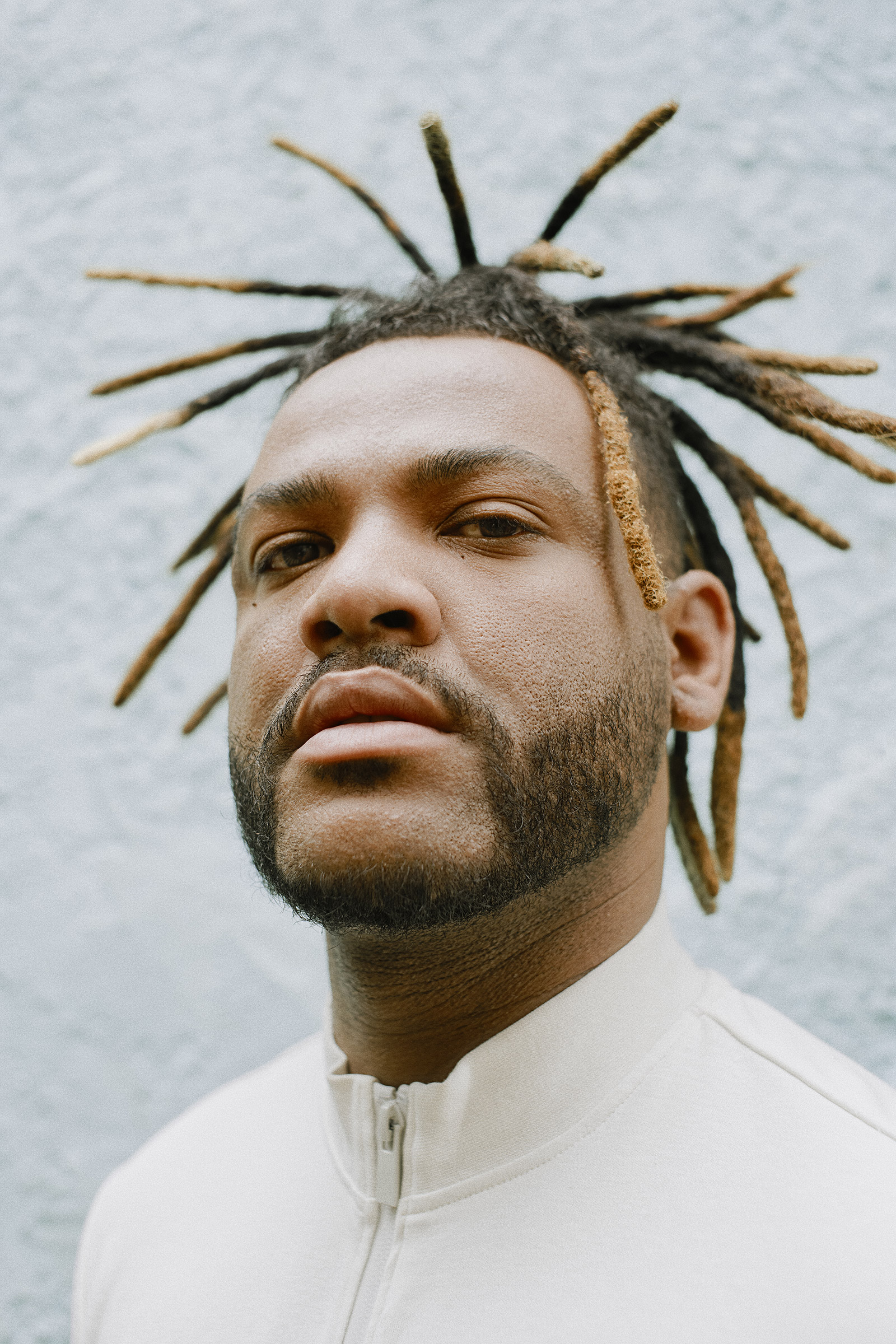The story of the start of Voz das Comunidades, a community newspaper covering the majority-Black working-class neighborhoods that surround Rio de Janeiro, reads like the plot of a children’s movie.
In 2005, 11-year-old Rene Silva persuaded teachers at his school in the Complexo de Alemão district to let him join the student newspaper—despite protests from older kids who thought he was too young. Within months he outgrew that gig, recruiting four other children to help him launch his own newspaper covering the entire favela, as Brazil’s informal neighborhoods are known.
“I used to look through papers and I didn’t see the favela I knew represented,” he says. “The media only ever talked about drug trafficking, violence, death—so people from outside thought that’s all there is here.”
Eighteen years later, Voz das Comunidades continues to chip away at those stereotypes. Now formally recognized as an NGO, it has 35 staff members who cover stories on culture, politics, sports, education, and problems of state neglect.

Silva, a prominent activist, has the ear of journalists and top editors at many of Brazil’s largest media outlets, and says he reaches out to them if their coverage of favelas is biased or limited. Major newspapers and broadcasters regularly poach Silva’s staff, bringing the perspective of favela residents—a group poorly represented in a country where 77% of journalists are white—to mainstream audiences.
Silva still gets the impression that many journalists writing on such problems have “never stepped foot in a favela.” But he says he is optimistic about the journey he started nearly two decades ago. He has “a lot of hope” that current President Luiz Inácio Lula da Silva (no relation) will come through on campaign promises to improve lives for favela residents.
Now working primarily on fundraising and the long-term direction of Voz das Comunidades, Silva says he aims to “continually expand” the organization. That includes a planned program for his staff to run workshops in public schools around the country, in person and remotely, to inspire kids like him to start their own projects.
“My mission is to make sure that the favelas have a bigger and bigger voice.”
- Why Trump’s Message Worked on Latino Men
- What Trump’s Win Could Mean for Housing
- The 100 Must-Read Books of 2024
- Sleep Doctors Share the 1 Tip That’s Changed Their Lives
- Column: Let’s Bring Back Romance
- What It’s Like to Have Long COVID As a Kid
- FX’s Say Nothing Is the Must-Watch Political Thriller of 2024
- Merle Bombardieri Is Helping People Make the Baby Decision